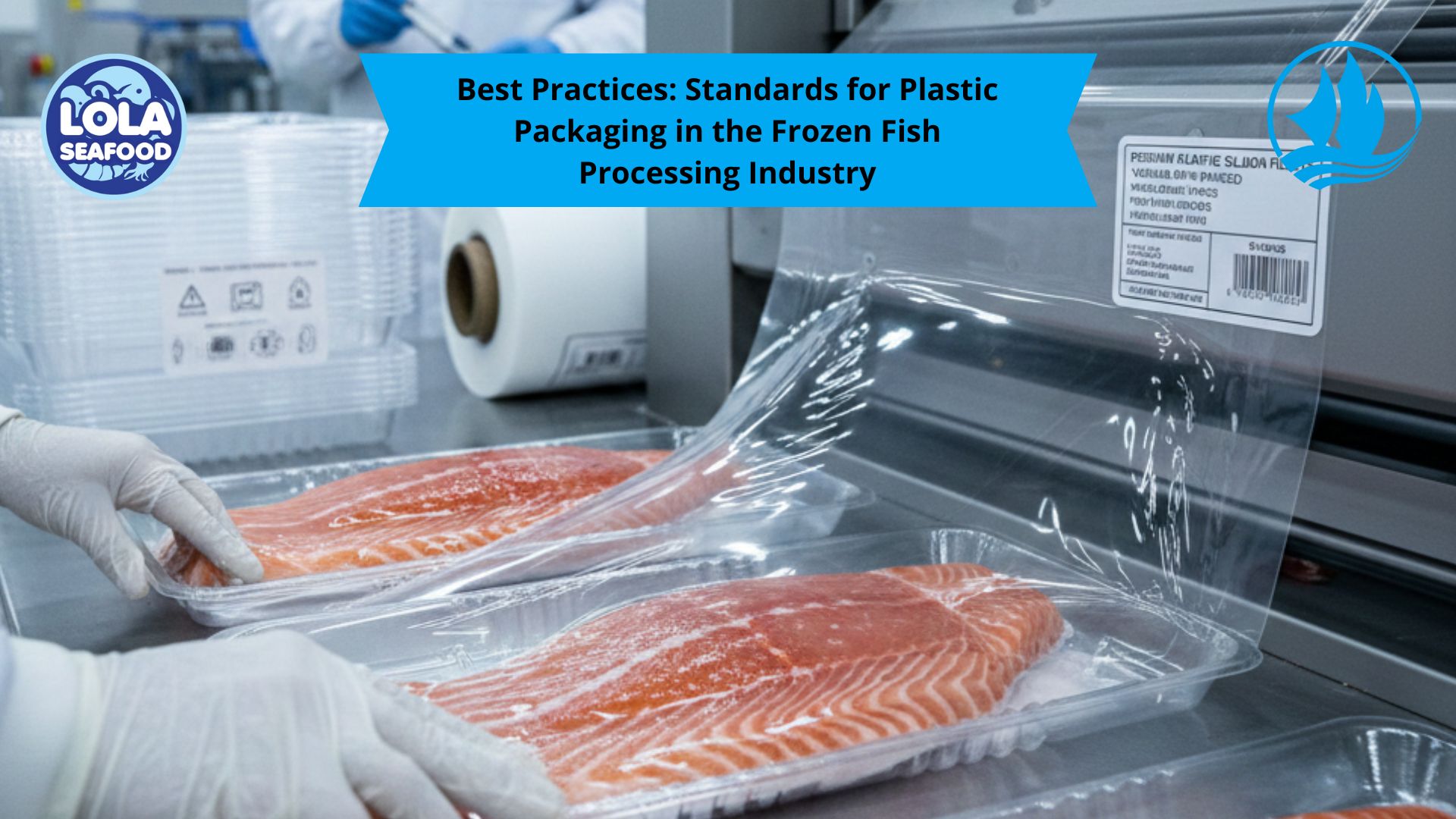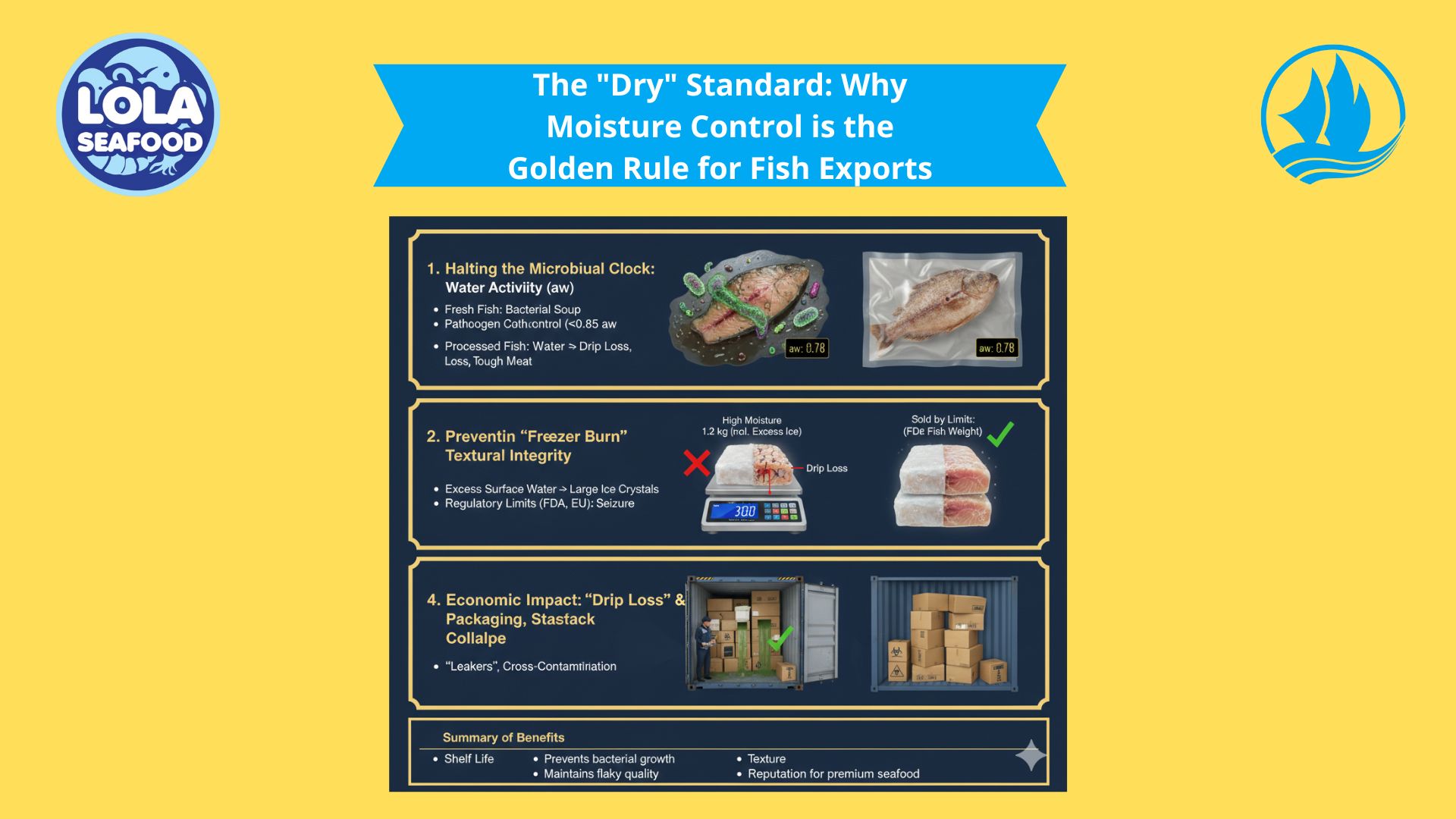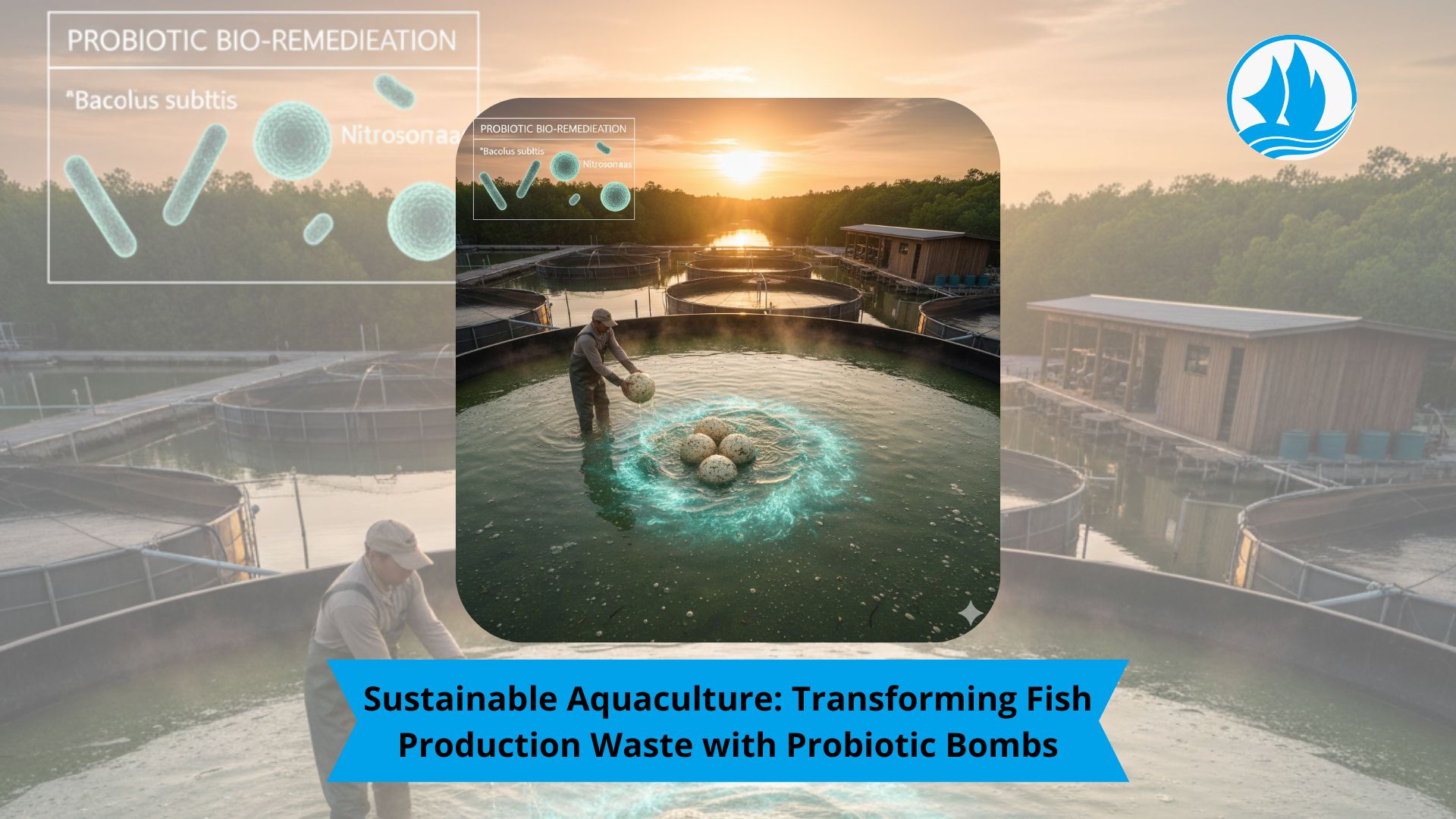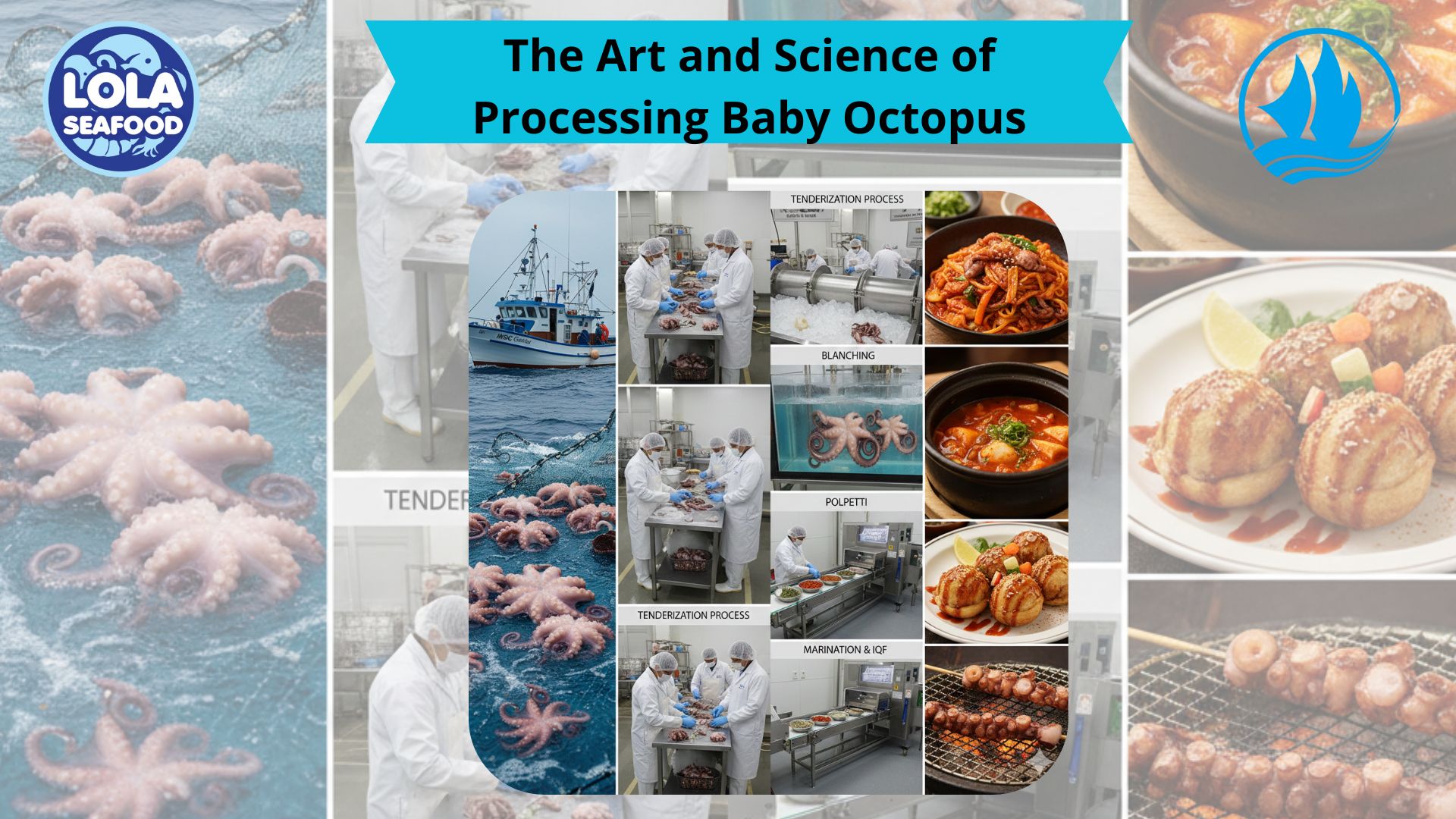Increasing Indonesian Fisheries Exports
By. Najih - 22 Sep 2025.jpg)
Kelolalaut.com Increasing Indonesian Fisheries Exports
1. Current Position of Indonesia in Global Fisheries
- Indonesia is the second-largest fish producer in the world after China.
- Key exports: tuna, shrimp, crab, seaweed, and tilapia.
- Main markets: USA, EU, Japan, China, and ASEAN countries.
2. Challenges Facing Indonesian Fisheries Exports
- IUU Fishing Concerns: Some shipments rejected due to lack of proper documentation (e.g., catch certificates).
- Quality & Food Safety Standards: Importing countries impose strict SPS (Sanitary and Phytosanitary) requirements.
- Logistics & Cold Chain Issues: Inconsistent cold storage and transport reduce product quality.
- Market Access Barriers: Tariffs and non-tariff barriers limit competitiveness.
- Climate Change & Sustainability: Overfishing and habitat loss threaten long-term supply.
3. Strategies to Increase Fisheries Exports
a. Strengthen Compliance & Traceability
- Ensure all exports have catch certificates, health certificates, and eco-labels.
- Invest in digital tracking systems for traceability (blockchain, QR codes).
b. Improve Processing & Value-Addition
- Move beyond raw exports → focus on processed, ready-to-eat products (fillets, canned tuna, frozen seafood).
- Enhances shelf-life and increases export value.
c. Expand to Emerging Markets
- Diversify export destinations to Middle East, Africa, and Eastern Europe.
- Reduce reliance on traditional markets like the US, EU, and Japan.
d. Enhance Infrastructure & Logistics
- Develop integrated cold chain systems from landing sites to ports.
- Improve port facilities and export hubs in Eastern Indonesia.
e. Sustainability and Certification
- Promote eco-certifications (e.g., Marine Stewardship Council – MSC, Aquaculture Stewardship Council – ASC).
- Global consumers increasingly demand sustainably sourced seafood.
f. Government Support & Policy
- Provide subsidies for cold storage, processing plants, and modern fishing gear.
- Negotiate trade agreements to reduce tariffs and ease market entry.
4. Outlook
If Indonesia strengthens traceability, value addition, and sustainability, it can:
- Boost export revenue significantly.
- Position itself not just as a top seafood producer, but also as a trusted global supplier of sustainable seafood.
How to Reduce the Challenges of Fisheries Exports
1. Tackle IUU Fishing and Documentation Issues
Action:
- Strengthen monitoring of fishing vessels with Vessel Monitoring Systems (VMS) and e-logbooks.
- Ensure all shipments carry proper documentation: catch certificates, health certificates, and export permits.
- Adopt digital traceability systems (QR codes, blockchain) to reassure importing countries.
2. Improve Product Quality and Safety
Action:
- Upgrade processing plants to meet international HACCP (Hazard Analysis and Critical Control Points) standards.
- Provide regular training for fishermen and processors on handling, hygiene, and cold chain management.
- Establish more certified laboratories to test seafood safety before export.
3. Strengthen Cold Chain and Logistics
Action:
- Invest in modern cold storage facilities at fishing ports and airports.
- Improve transport links from remote fishing areas to export hubs.
- Encourage private–public partnerships for building integrated cold supply chains.
4. Overcome Market Access Barriers
Action:
- Negotiate trade agreements to lower tariffs (e.g., with EU, Middle East, Africa).
- Standardize labeling and packaging to meet importing country requirements.
- Promote Indonesian seafood at international trade fairs to expand market reach.
5. Add Value to Fisheries Products
Action:
- Focus on processed and ready-to-eat products (canned tuna, frozen fillets, shrimp chips) instead of exporting raw fish.
- Develop eco-labels and branding (e.g., “Sustainably Sourced from Indonesia”).
- Encourage SMEs to innovate in seafood processing for niche markets (organic, halal, premium).
6. Ensure Sustainable Practices
Action:
- Encourage adoption of eco-certifications (MSC, ASC).
- Regulate fishing quotas and protect breeding areas to avoid overfishing.
- Support community-based fisheries management to ensure long-term supply.
If youre interested in our Bonito Whole Round , Bonito Fillet Portion Cut and Bonito Fillet Loin please do not hesitate to contact us through email and/or Whatsapp








 in Modern Fish Processing Industries.jpg)